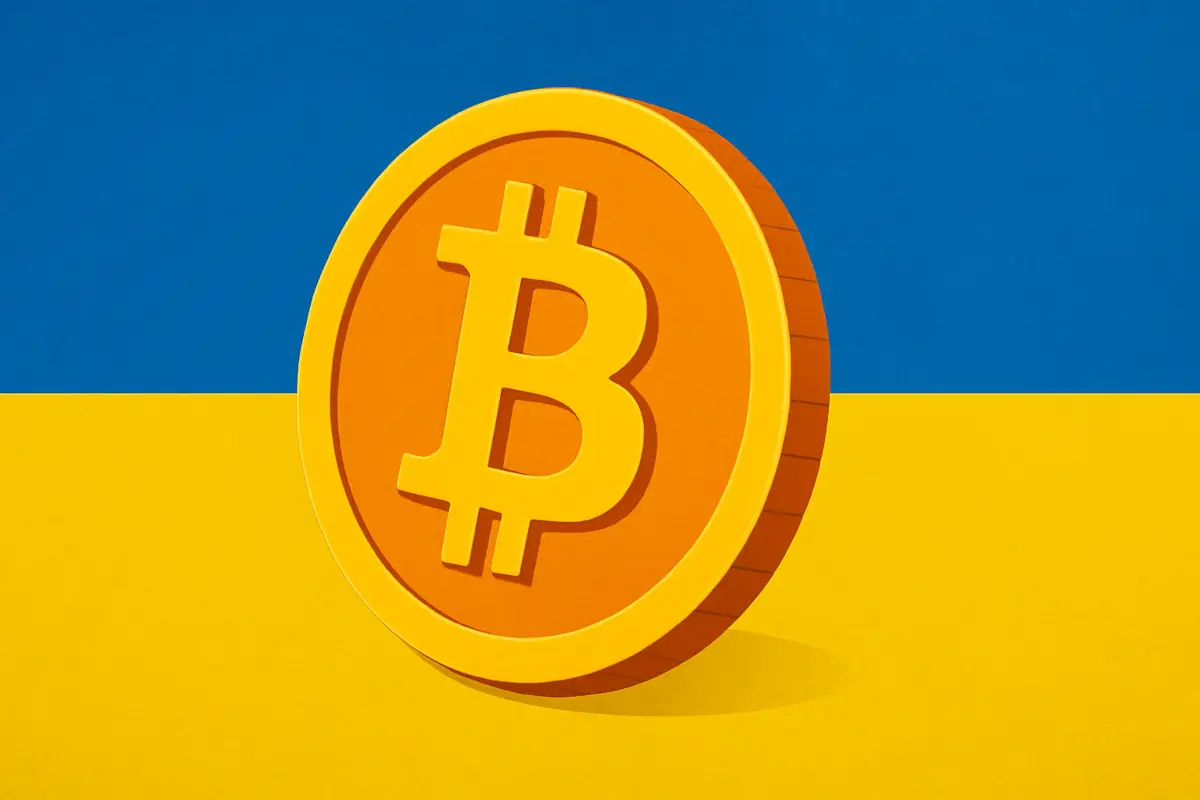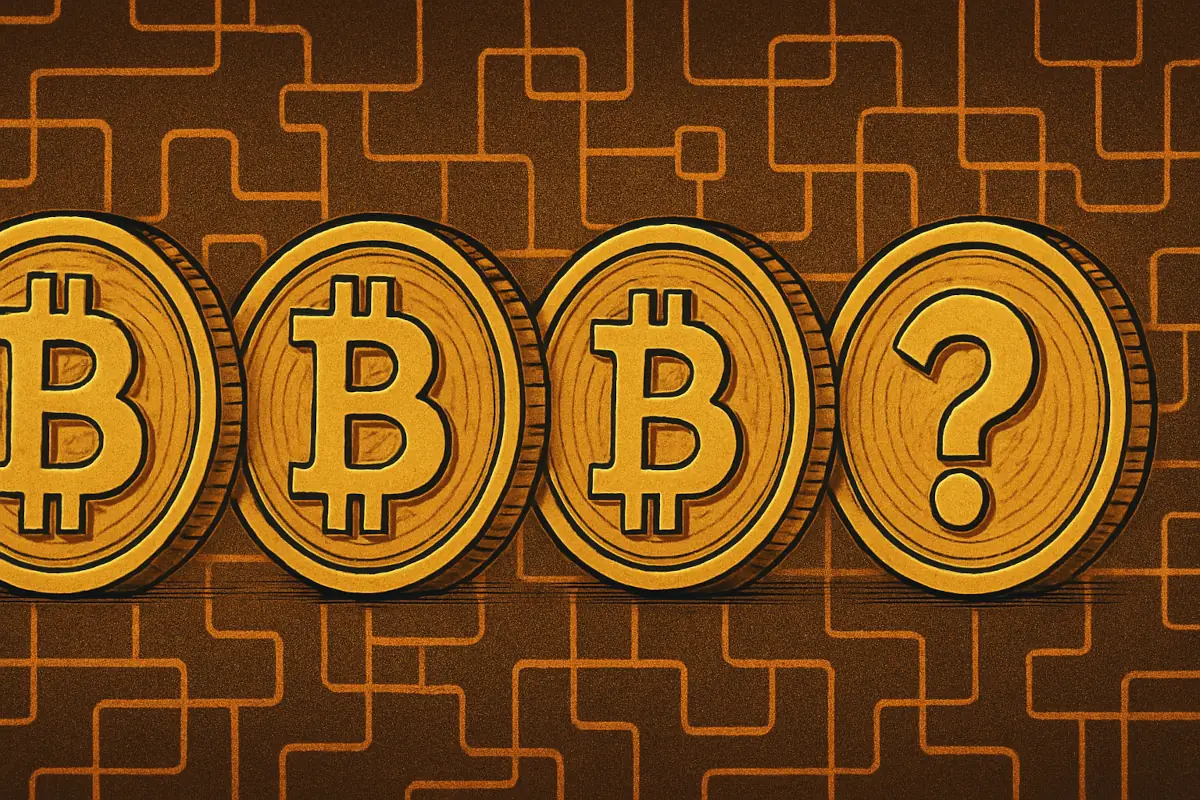Ukraine has taken a decisive step toward recognizing cryptocurrencies as part of its financial security framework. On June 10, lawmakers submitted a bill that, if approved, would allow the National Bank of Ukraine (NBU) to include virtual currencies like Bitcoin alongside gold and foreign currencies in its official reserves. This would mark a first for the country and could place it among a growing number of states experimenting with integrating digital assets into their economic infrastructure.
Table of Contents
Bill 13356 Proposes Crypto as Reserve Asset
Parliament member Yaroslav Zhelezniak announced the introduction of draft bill 13356 to the Verkhovna Rada. This proposal aims to modify the law “On the National Bank of Ukraine” to give the NBU the right – but not the obligation – to include cryptocurrencies in its reserves.

The legislation does not set exact rules on how or when the bank should hold such assets. Zhelezniak made it clear that the bill merely offers permission to the central bank, leaving all operational decisions in its hands.
“We give the National Bank the right to include virtual assets in Ukraine’s reserves. However, how, when and how much should be the decision of the regulator itself. That is, we do not oblige and leave it to their professional choice”
The motivation behind the proposal is tied to increasing macroeconomic flexibility and preparing the country’s financial system for evolving digital practices. The bill aligns with international trends, including actions already taken by El Salvador, which holds Bitcoin in its national treasury.
Read also: Arizona Establishes a State-Managed Bitcoin and Digital Assets Reserve Fund
Ukraine Already Holds Bitcoin – A Look Back
While the bill is still under review, Ukraine already has exposure to Bitcoin. In 2022, during the early months of the war with Russia, Ukraine received millions of dollars in cryptocurrency donations from supporters worldwide. These contributions were primarily in Bitcoin, Ethereum, and Tether.
The Ukrainian government collected digital assets through official channels, using them to buy medical supplies, military equipment, and humanitarian aid. A government website tracked crypto donations, reporting over $100 million raised in a matter of weeks.
This unplanned accumulation turned Ukraine into one of the world’s larger state holders of Bitcoin, though it did not officially classify the coins as part of the central bank’s reserves at that time. With the proposed legal change, the assets Ukraine already holds could eventually be recognized as part of the national reserve, offering more transparency and better accounting practices.
Read also: How Much Bitcoin Do Governments Actually Own?
Legal Framework Aims to Keep Ukraine Ready
The final decision on whether to hold Bitcoin will rest with the NBU, not with politicians. This is written into the structure of the bill to prevent interference in future monetary policy. Lawmakers have stressed that this framework is about giving options rather than setting mandates. As stated in Zhelezniak’s message:
“Proper management of crypto reserves will help strengthen macroeconomic stability and create new opportunities for the development of the digital economy.”
With conflict with Russia still ongoing and the national economy under pressure, Ukraine is looking to build tools that may offer more flexibility in times of uncertainty. The bill comes at a moment when Ukraine is trying to balance wartime spending, long-term recovery planning, and integration with international financial systems.
What Comes Next for the Legislation?
The draft law is now in the hands of parliament. No final vote has been scheduled, and further discussions are expected over the coming weeks. If passed, it will grant the NBU authority without making Bitcoin a required part of its reserve strategy. The National Bank will retain complete discretion in deciding how to proceed.
Ukraine’s approach differs from countries pushing full-scale adoption. Instead, the law creates a legal opening without obligating action. It gives regulators breathing room to act as market conditions change.




